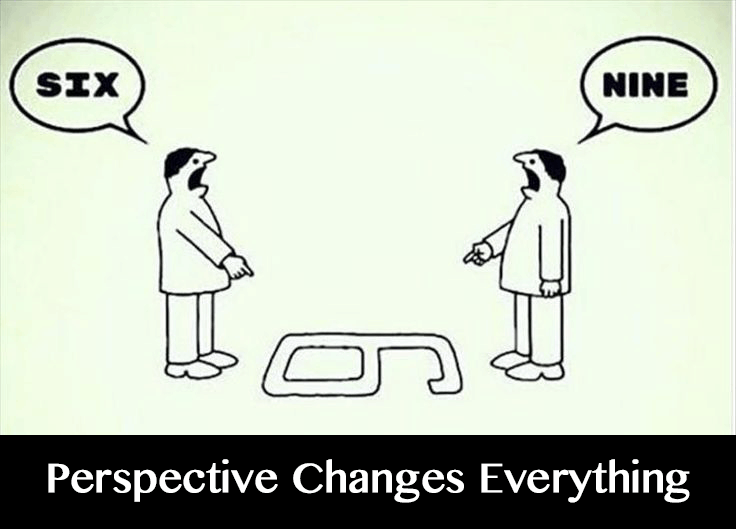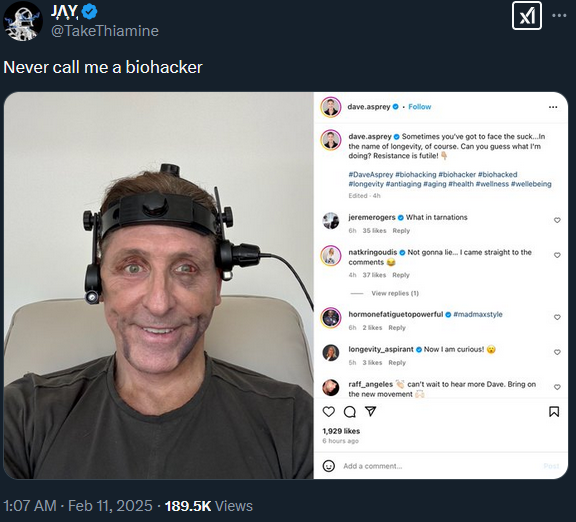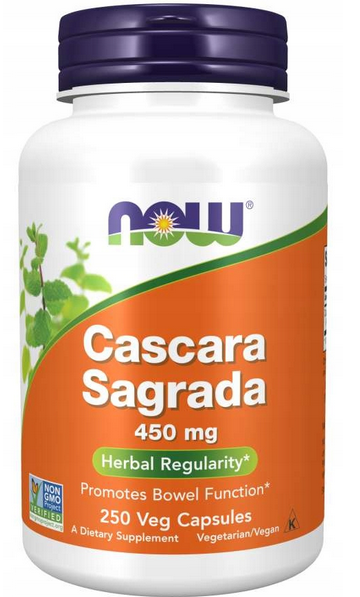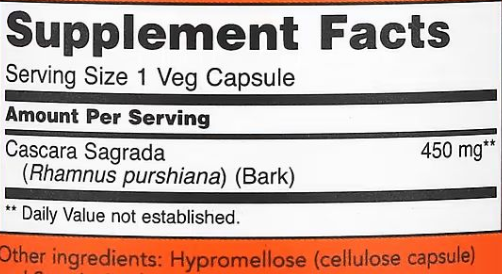@alfredoolivas said in Pro Metabolic Substances Tier List:
There were 7 medications on this list, that I recommended SOLEY based off of personal experience. 7. None are patented. I clearly said the others had drawbacks that I had experienced, and I don’t recommend them.
If you don't have an in-depth systemic understanding of how those products work, your recommendation can be harmful to others.
Pure scientism huh?
I'm just asking you to look deeper/different and question your assumptions.
And with all the respect, you @alfredoolivas still seem to focus on a single or a few variables instead of looking at the whole equation/calculus.
So my suggestion is: to look at how to facilitate the organism's phase-shift to a new better dynamic homeostatic state, than wrongly seeing single "receptors" as linear levers.
Your view on semaglutide is missing the secondary/tertiary effects of what it is doing and what it is not doing.
(in for example comparison to thyroid hormones)
BTW you may want to better look from the perspectives like those:
Ray Peat’s approach distilled to the key core: “energy and structure are interdependent at every level”;
Health issues are not meant to be addressed directly. You heal by simply out-nourishing the issue. Until it feels like all aspects of your life are improving in unison, you are not adequately nourished. It should feel like nothing can break your stride. The bioenergetic symphony. ~@natelawrence_
Martin Picard: Pharma is about suppressing. Healing needs nourishing and stimulating the right processes. We need a new Healing Science to understand how and when to stimulate endogenous forces that will sustainably promote healing in each person…






